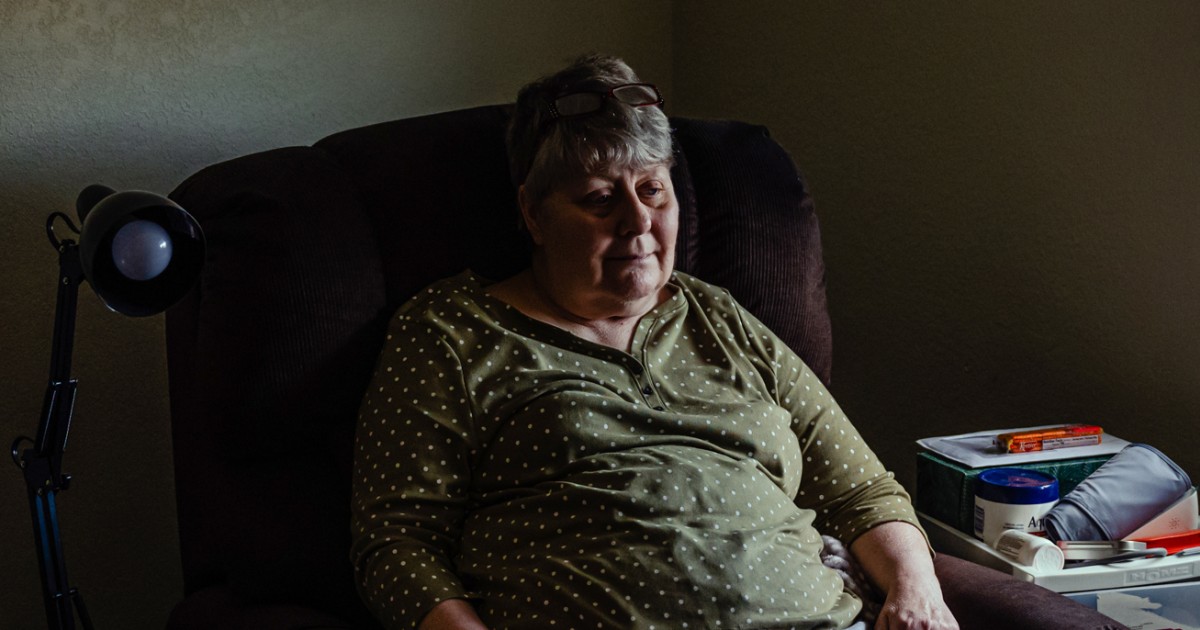There will be exceptions for certain services, such as mental health care and some visits for home dialysis treatments.
A lapse could have ramifications for millions of Medicare beneficiaries. Roughly 13% of the nearly 22 million people with traditional coverage received a telehealth service from October to December 2023.
Dr. Cecil Bennett, a family medicine physician in Newnan, Georgia, outside Atlanta, estimates that half of his clinic’s patients are on Medicare. Some already have telehealth appointments scheduled months out. He often uses telehealth to deliver simple information, like lab results, and fears that some patients may miss necessary appointments if they require in-person visits, allowing conditions to worsen.
“There’s no doubt in my mind that seniors are going to suffer if this waiver goes away,” he said.
In Mississippi, Dr. Saurabh Chandra, chief telehealth officer at the University of Mississippi Medical Center, said the flexibilities can mean the difference between older adults having virtual appointments at 2 a.m. during busy flu seasons or traveling long distances to emergency rooms.
“This state was made for telehealth,” he said.
As Congress clashes over a GOP-led House proposal that could slash Medicaid spending, advocates are hopeful that telehealth services offered via Medicare will remain a bipartisan cause.
“Federal government does things last-minute,” said Kyle Zebley, senior vice president for public policy at the American Telemedicine Association.
“We have a wonderful place in being bipartisan that we find ourselves in a very divided, very polarized time,” he said. “We’ll continue to work to do all we can to maintain that.”
Telehealth, though, hasn’t been immune from political crossfire.
What initially started as a two-year extension for the program shrank to three months during the scramble in December to avoid a government shutdown after President-elect Trump and Elon Musk pushed to kill a broader spending bill.
Some members of Congress hope to allay older adults’ concerns and make the flexibilities permanent.
In a statement to NBC News, Sen. Lisa Blunt Rochester, D-Del., who co-introduced a bipartisan bill to solidify the provisions when she was in the House, described the flexibilities as “vital” — “especially for those in underserved and rural communities and those with accessibility or transportation barriers” — and said she is still fighting for permanent protections.
Rep. Ro Khanna, D-Calif., whose viral social media posts brought attention to the looming deadline, said he plans to introduce similar legislation.
“What is the rationale for this other than making life more difficult for many seniors?” Khanna said on X.
With the fate of telehealth still uncertain, Bennett is waiting to see whether the appointments he has booked can proceed.
“I really hope that Congress acts quickly,” he said. “I know that they kick the can down the road — I’m fine with that as long as they keep kicking the can.”

